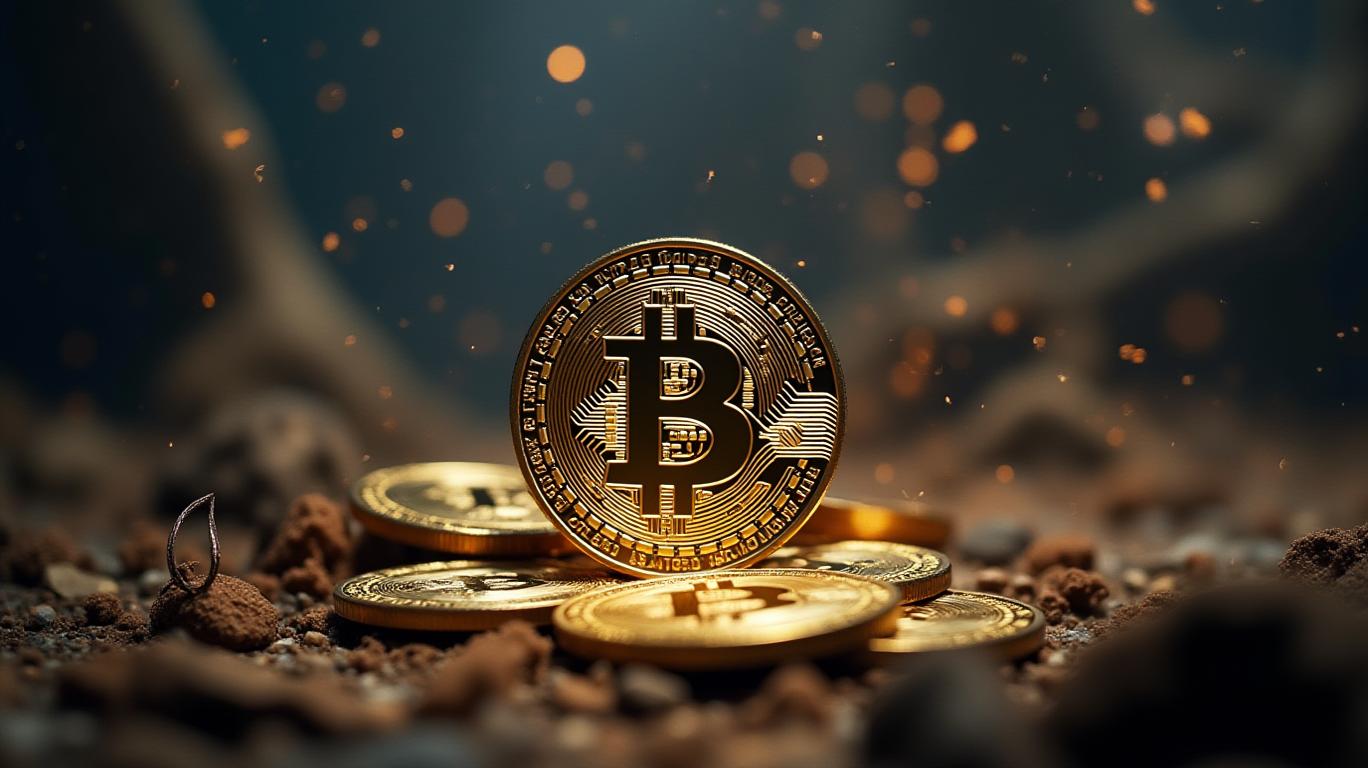US Government to Allocate 88,000 BTC from Strategic Reserve Amid Bitfinex Return
The U.S. government is contemplating the allocation of up to 88,000 BTC from its strategic reserve, while over 110,000 BTC is slated to be returned to BitfinexBITX--. This move is part of a larger discussion on the management of the government's Bitcoin holdings. Alex Thorn, head of research at a prominent digital asset firm, noted that the current balance of Bitcoin available for the U.S. government to use as a strategic reserve is at most 88,000 BTC, which represents only 43% of the current government holdings. This is due to the fact that 112,000 BTC of the approximately 198,000 BTC currently held by the U.S. government will be returned to Bitfinex.
Michael Saylor, founder of a leading digital asset management company, highlighted that the United States currently possesses the world's largest strategic Bitcoin reserves. This strategic reserve is part of a broader effort to position the U.S. as a leader in the digital asset space. The U.S. government's public wallet currently holds 198,109 BTC. Earlier, it was reported that the U.S. government had transferred about 222,684 BTC to various wallets at an average price of $14,736 per coin. At current prices, the U.S. government has incurred a significant loss by selling BTC in advance.
This strategic move by the U.S. government comes at a time when there is growing interest in Bitcoin and other digital assets. The U.S. government's decision to establish a strategic Bitcoin reserve and its plans to return a significant portion of its holdings to Bitfinex reflect a nuanced approach to managing its digital assets. The government's actions are likely to have implications for the broader cryptocurrency market, as well as for the regulatory landscape surrounding digital assets.
A significant amount of BTC held by the U.S. government is from the investigation of the Bitfinex hack that occurred in August 2016, where about 120,000 BTC were stolen. Bitfinex is currently attempting to recover this portion of the BTC, and it is expected to involve a lengthy legal process.

Quickly understand the history and background of various well-known coins
Latest Articles
Stay ahead of the market.
Get curated U.S. market news, insights and key dates delivered to your inbox.

Comments
No comments yet